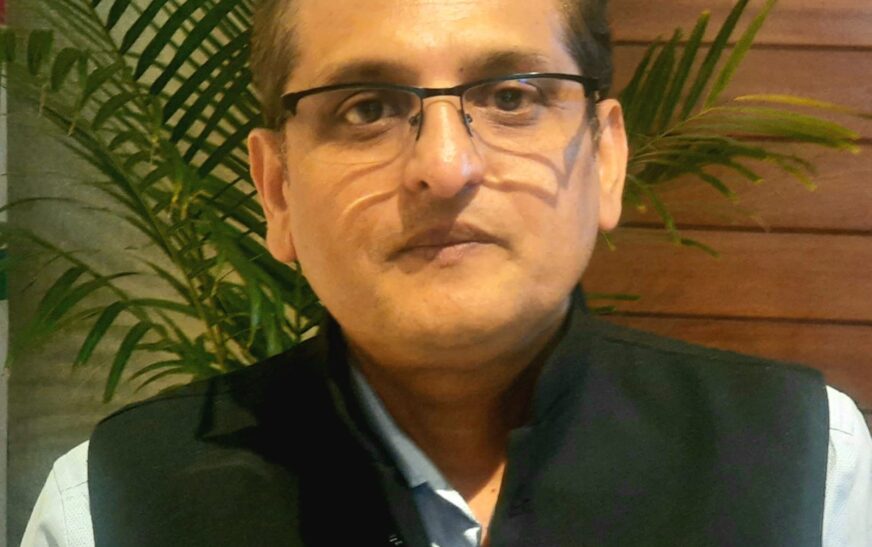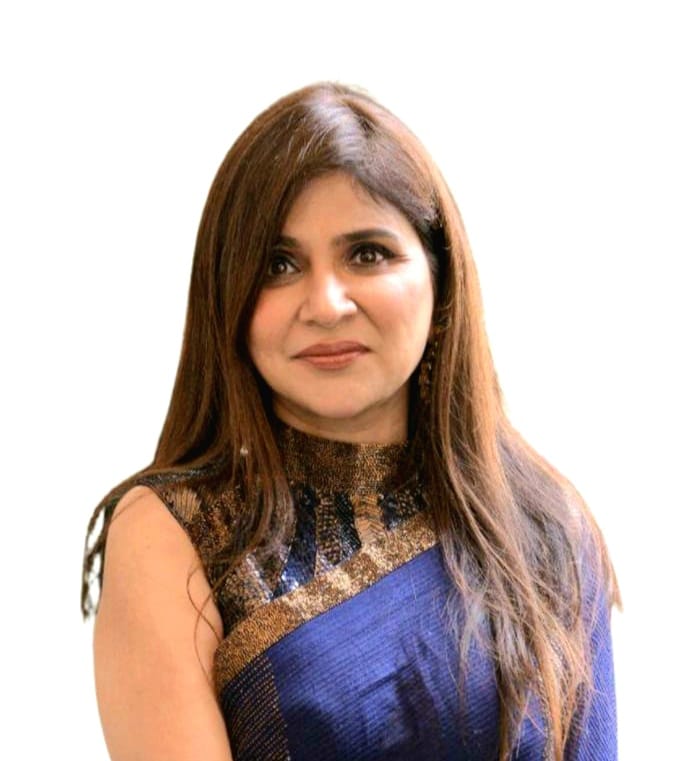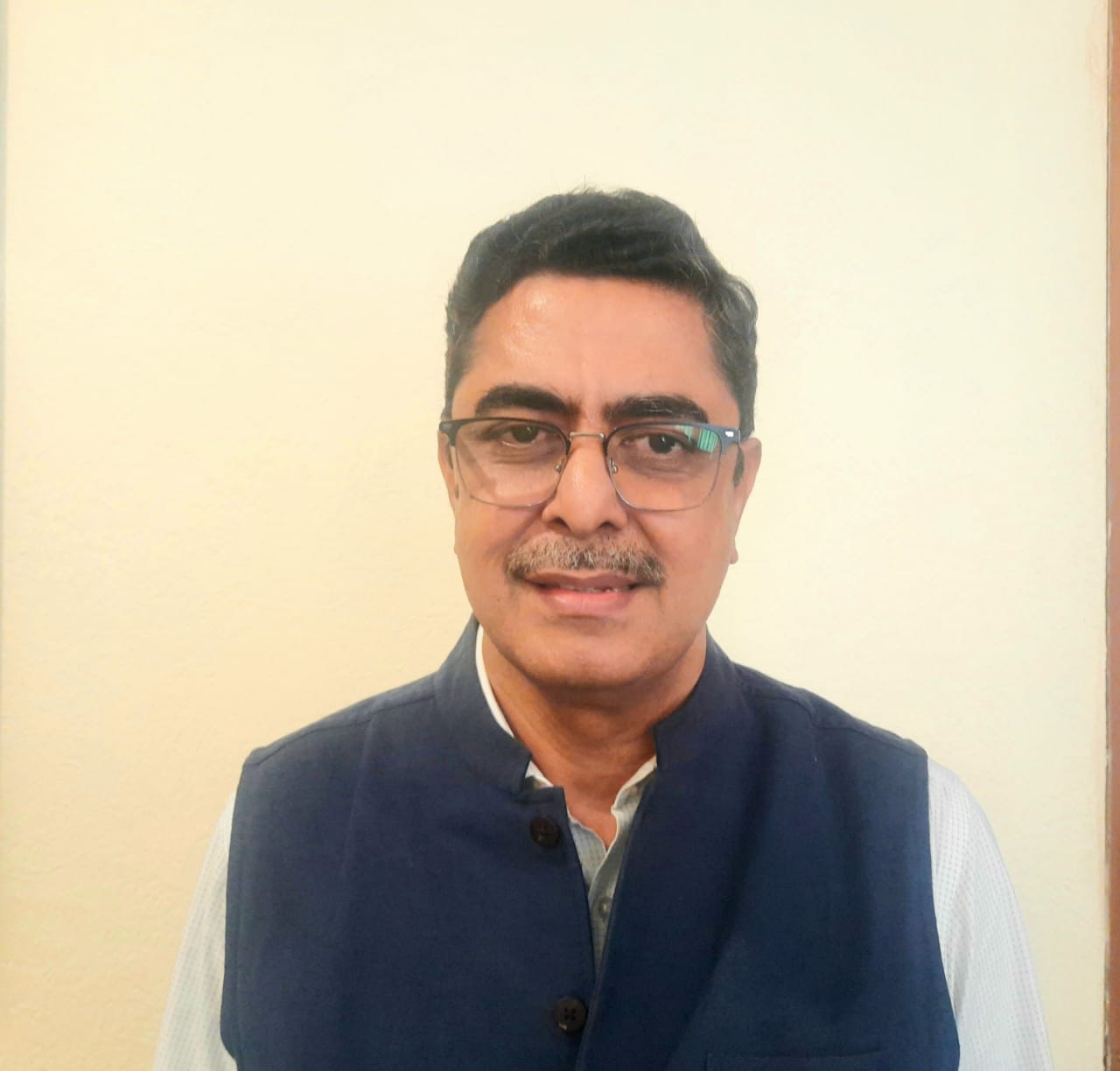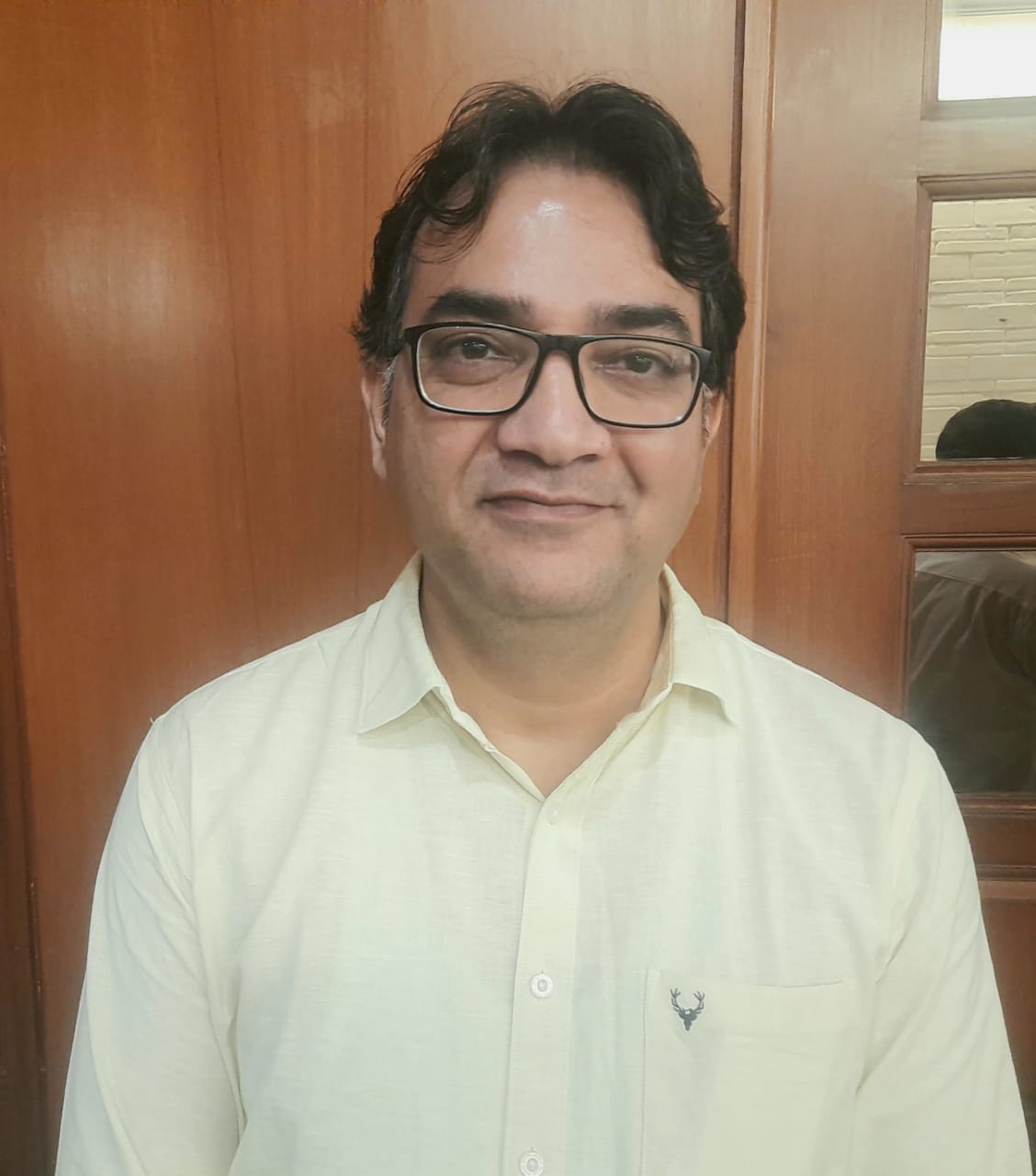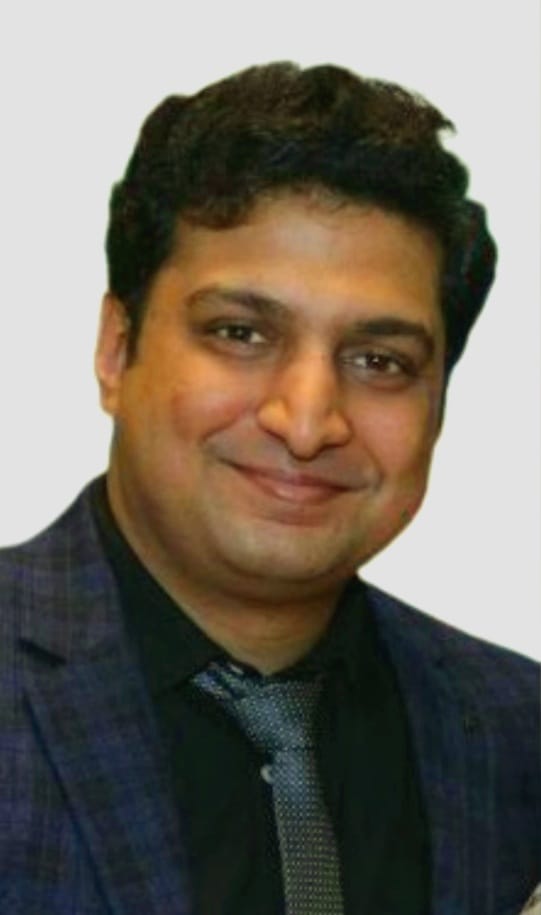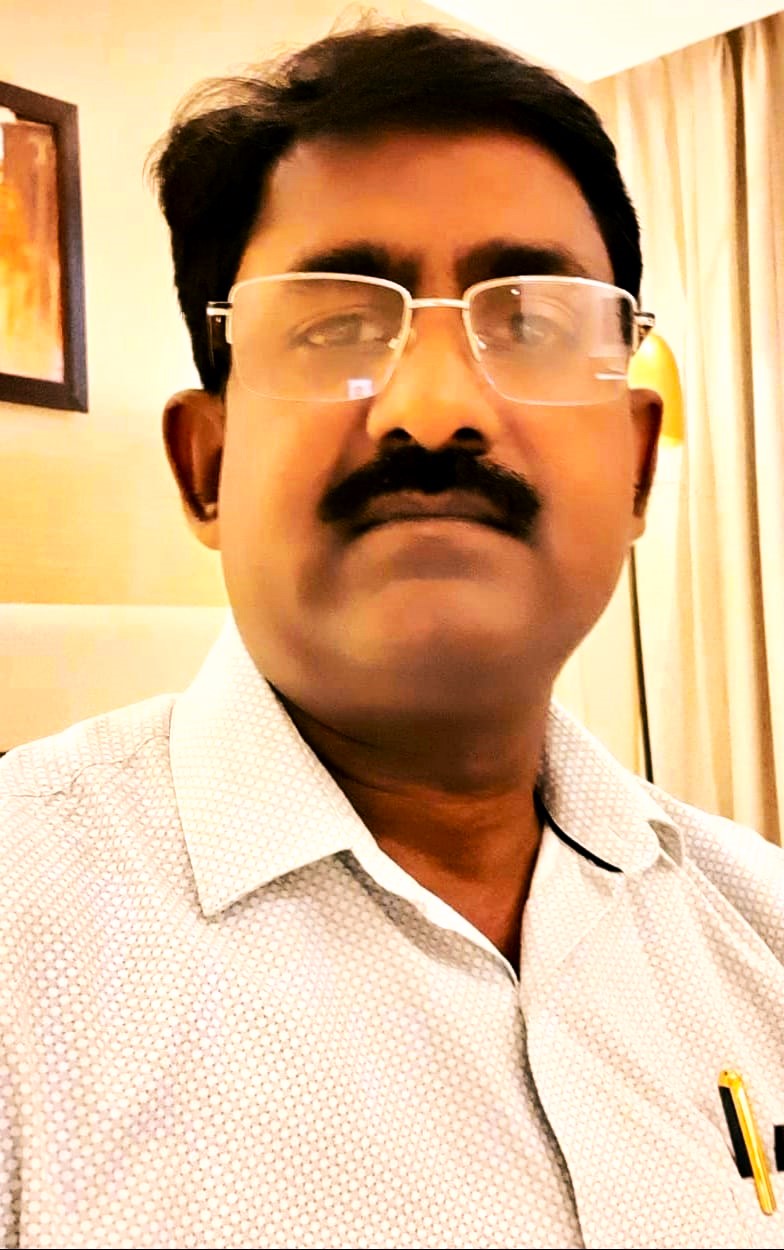Hamdard Laboratories, a prestigious Indian pharmaceutical company, excels in producing Unani and Ayurvedic medicines. Founded in 1906 by Hakeem Hafiz Abdul Majeed in Delhi, Hamdard has evolved into a trusted name in traditional medicine, skillfully blending ancient wisdom with modern research to enhance holistic health and wellness.
The company’s extensive product range includes well-known herbal remedies like Rooh Afza, Safi, and Cinkara, which have become household names in India and beyond. Rooh Afza, a refreshing syrup renowned for its cooling properties, has been a summer staple for generations.
Hamdard’s dedication to quality and innovation shines through its state-of-the-art manufacturing facilities and rigorous quality control processes. The company adheres to strict standards, ensuring the efficacy and safety of its products.
With over a century of expertise, Hamdard continues to uphold its legacy of promoting health and wellness through natural and traditional medicine, solidifying its esteemed reputation in the industry.
In an exclusive interaction with The Interview World, Dr. Santosh Joshi, Head of Research and Development at Hamdard Laboratories India, discusses the innovative system of medicines developed by Hamdard. He shares his views on policy interventions in this sector, outlines compliance with various regulatory bodies, and highlights modern formulations for sugar-free medicines. Here are the key insights from his interview.
Q: Can you provide an overview of the system of medicines developed by Hamdard and their unique contributions to healthcare?
A: Renowned for our pioneering efforts in the Unani system of medicine, Hamdard is a global leader. We are active members of both the Unani Pharmacopoeia Committee and the Indian Pharmacopoeia Committee. Our significant role stems from being the largest user of herbal raw materials and the producer of the most extensive range of finished formulations in the industry.
Our expertise and experience are critical in standardization work. As we analyze a wide variety of herbal ingredients, we also consistently share our observations and findings with the ministry. A testament to our contribution is the National Formulary of Unani Medicine Part V, which is based on the herbal formulations developed by Hamdard. This comprehensive formulary includes around 170 formulations, demonstrating our dedication to advancing Unani medicine. Furthermore, these formulations are publicly available, allowing any company to manufacture them, thereby enriching the nation’s medicinal resources and fostering wider accessibility to effective Unani treatments. Through these efforts, Hamdard continues to set the standard in Unani medicine.
Q: What specific policies do you believe are essential to strengthen and support the growth of this sector at the policy level?
A: Our traditional medicinal systems—Unani, Ayurveda, and Siddha—must gain recognition globally as legitimate medicines, not merely as dietary supplements or food items. Currently, stringent guidelines in international markets pose significant challenges, complicating the process of compliance for these systems. Despite several Indian companies initiating research programs in the early 1990s, many have since ceased these efforts.
Looking ahead, there is a pressing need for cohesive action from government bodies, regulatory agencies, industry leaders, manufacturers, and academia. Collaboratively, they must formulate comprehensive and robust policies. These policies should not only navigate the complexities of international standards but also propel our traditional medicinal systems to new heights of global acceptance and integration. Such concerted efforts will be pivotal in ensuring uniform recognition and utilization of these systems across diverse global markets.
Q: How do you manage and ensure compliance with the diverse regulations across various countries?
A: Managing international regulatory requirements presents formidable challenges for us, primarily due to varying restrictions on herbal ingredients across different countries. Each formulation, such as our saffron-based products, must be meticulously tailored to comply with local regulations. For example, certain additives like neem or senna leaves are prohibited in some markets where we operate. In highly regulated regions like the US and Canada, strict adherence to compliance standards is essential.
Until our Ayush system is fully approved and recognized in these jurisdictions, ensuring conformity with local ingredient requirements remains a priority. This entails extensive efforts, including comprehensive efficacy studies and toxicity assessments, to guarantee that our products meet not only safety standards but also regulatory expectations. Thus, our team is committed to navigating these complexities, ensuring that our formulations meet global regulatory standards while maintaining their effectiveness and safety profiles across diverse markets.
Q: How do you address the challenge of using honey and sugar as a base in Unani medicines, considering the increasing prevalence of diabetes and hypertension?
A: Addressing the challenges posed by sugar-based medicines in Ayurveda and Unani for diabetic and hypertensive patients requires a multifaceted approach. This approach involves integrating alternative sweeteners, adjusting formulations to reduce sugar content, educating patients on dietary and medication management, tailoring treatments to individual needs, continuously researching new approaches, and ensuring compliance with regulatory standards. Moreover, these strategies are essential to maintaining the effectiveness and safety of traditional medicine practices for patients with specific health conditions.
In the realm of formulation development, companies equipped with advanced laboratories and modeling capabilities are incorporating these concepts into the creation of innovative products such as liposomes and nanoparticles. This proactive strategy facilitates the development of superior formulations compared to traditional methods, promising enhanced therapeutic outcomes and patient benefits.


